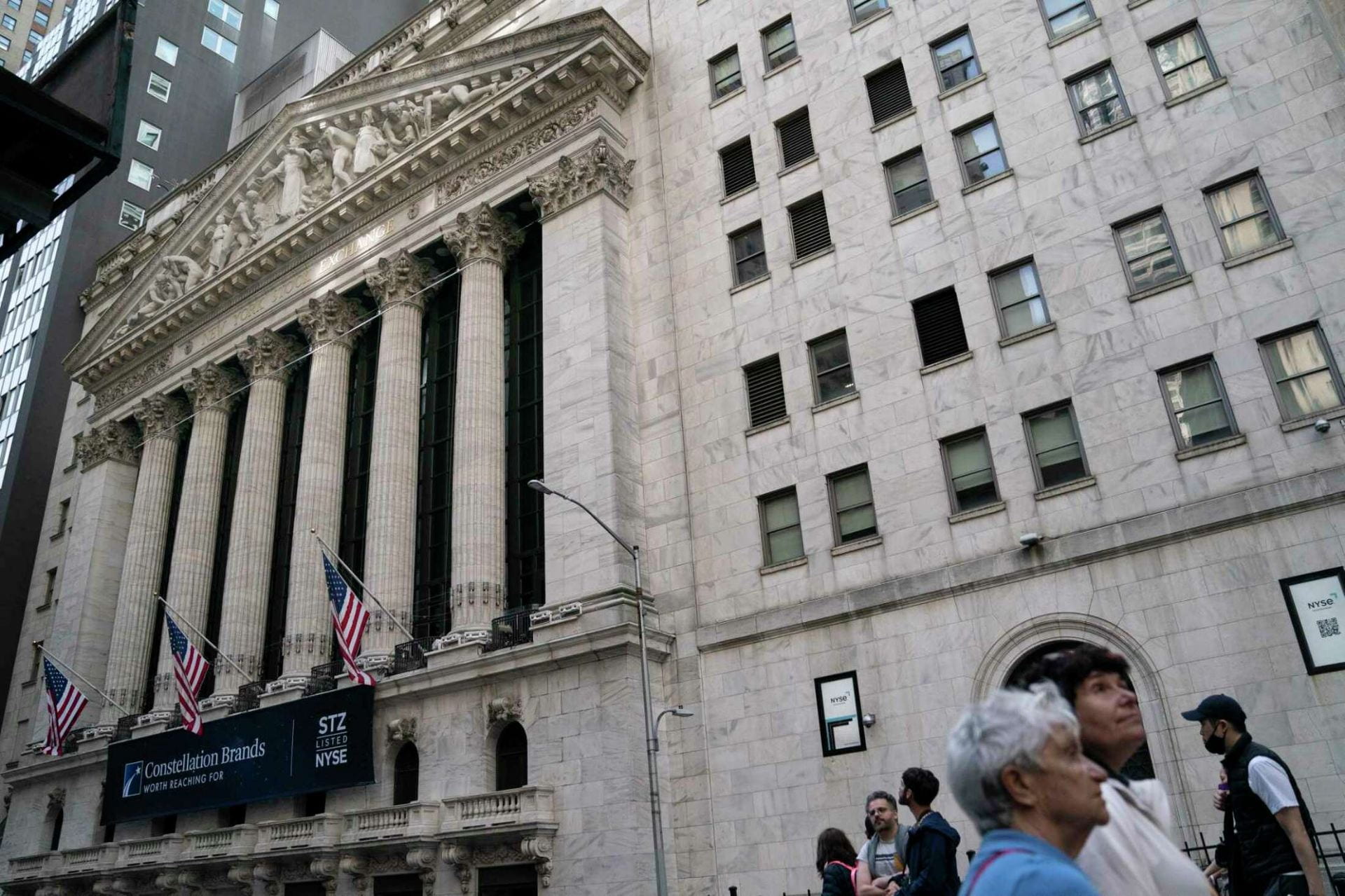Sept. 14, Michael Davis, economics professor at the Cox School of Business at SMU Dallas, for an op-ed explaining U.S. economic challenges, but pointing out the country is better prepared now than in 2008. Published in the Houston Chronicle under the heading Cheer up. Inflation’s up and stocks are tanking, but it’s not as bad as you think: https://tinyurl.com/4y8utme6
What happens in California doesn’t always stay in California, and that’s why Texans tracking the disruption of bots and other non-humans ought to be concerned that California Gov. Jerry Brown signed a law last week that criminalizes using unlabeled bots for political gain. The law is also almost certainly unconstitutional. Yes, the law addresses a problem regarding the influence of AI (artificial intelligence) actors and the misleading information they often carry. Yes, the law is worded to avoid halting all AI expression; it merely requires that AI disclose that they are bots.
By Michael L. Davis
We got some bad economic news Tuesday. Really bad news. Inflation is up, especially core inflation (inflation excluding food and energy). That means the Federal Reserve will certainly raise interest rates when they meet again in a few days and they’ll probably keep raising rates for some time to come. Not surprisingly, the stock market tanked, with the Dow falling by more than 1,000 points.
So, would you like some good economic news? Check this out.
Those nasty numbers seem terrible. And, of course, they are for the people losing their homes and for those in the mortgage lending industry losing their jobs as mortgage lenders file for bankruptcy and otherwise struggle to remain in business. But there’s some good news lurking behind these headlines. Let me explain.
If you pull back the curtain a bit, you’ll see that the problems in the market for home mortgages were inevitable.
Or at least they were inevitable once the Federal Reserve admitted inflation was real. That much-delayed epiphany meant that interest rates had to go up. Once rates started rising, foreclosures and the failure of mortgage lenders couldn’t be stopped.
It wasn’t inevitable, though, that we’d be able to keep these problems from leading to a much bigger economic crisis. About 15 years ago the Fed raised interest rates, triggering a tsunami of foreclosures and failed lenders. That in turn led to the biggest recession since the Great Depression. If the current group of home buyers and lenders made the same mistakes as people made all those years ago, we should all be stocking up on ramen noodles and bottled water in preparation for the coming economic apocalypse.
Start with the foreclosure numbers. Sure, the national rate of foreclosures this year is twice what it was last year. But the rate of foreclosures last year was at an all-time low due to government COVID relief and lenders trying to prevent defaults. In 2006, more than a year before the Great Recession, the rate of foreclosures was about five times as high as it was in 2021. This time it seems borrowers were smarter about how much they could afford to borrow and lenders were smarter about extending credit.
But even though most mortgage lenders maintained much higher credit standards, they still expanded their business as more people rushed to take advantage of lower rates. That made sense too — you don’t want to turn down good customers — but now those companies have to get smaller quickly. That’s never easy and some are better at it than others.
Should we worry about the layoffs and bankruptcies? Not to sound insensitive, but to paraphrase Hyman Roth in “The Godfather Part II,” this is the business they’ve chosen. Like beer vendors on the beach, mortgage lending is a cyclical business. When things are hot, they’re crazy busy and when things turn cold, they’re not.
What we worry about isn’t the failure of mortgage lenders. We worry about whether those meltdowns will lead to serious issues for businesses higher up the financial food chain, especially commercial banks. We can’t know for sure whether this will be a big problem until the failures of the mortgage lenders really pile up, probably in the first and second quarter of 2023 — remember Warren Buffet’s famous quip about how you can’t know who’s been swimming naked until the tide goes out.
But the early indications are very encouraging. The financial crisis that culminated in 2008 was a nightmare because the big banks were heavily involved in mortgage lending. When the mortgage markets collapsed, the big banks scrambled for whatever fig leaves they could find. It was not pretty.
This time, though, the big banks seem to have learned from the embarrassments of the past. At the peak of the housing boom in 2004 about two-thirds of the top 20 mortgage lenders were connected to banks. In the current market that number has flipped — two-thirds of the 20 biggest lenders are independent firms.
Terrible, horrible, no-good-very-bad economic news is easy to find. (Don’t even get me started on the European mess!) And none of this means we’ll avoid some sort of recession in the months ahead — the smart money is, after all, betting that will happen sooner than later. But don’t surrender to the Dark Side. Do sensible things to protect yourself from a downturn — make sure your job is solid and that you’ve got a decent stock of cash for emergencies — but do those things in a calm, sensible way. Maybe this small bit of good news can help put you in the right frame of mind.
Michael L. Davis teaches economics in the Cox School of Business and is affiliated with The Bridwell Institute for Economic Freedom, both at SMU Dallas.


